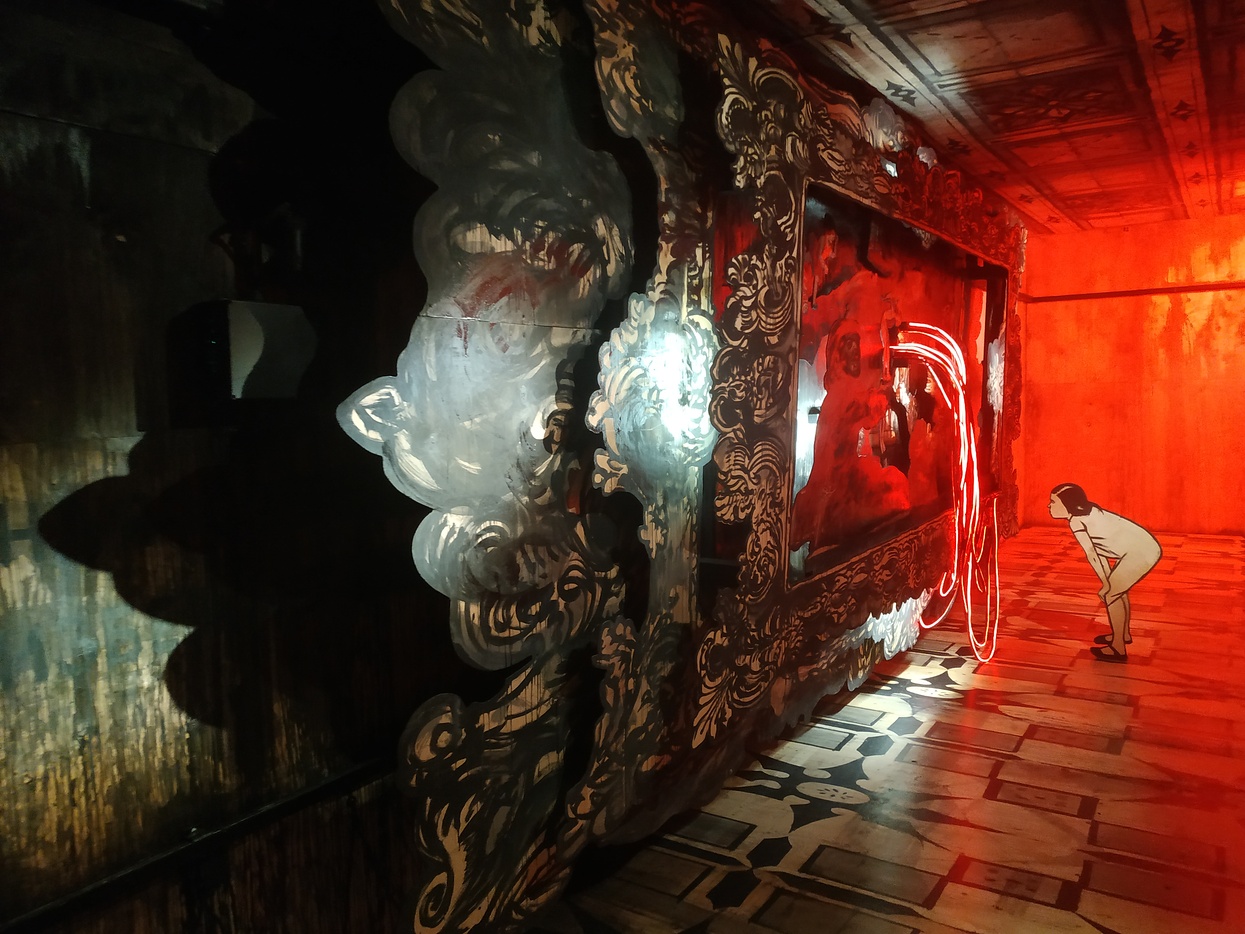The Right to Be Creative

An Art, Technology, and Culture Colloquium, co-sponsored by the Department of Slavic Languages and Literature, the Department of the History of Art, the Arts Research Center, and the Doreen B. Townsend Center for the Humanities, presented with Berkeley Arts + Design as part of Arts + Design Mondays.
with Margarita Kuleva
National Research University Higher School of Economics, St. Petersburg
Register for Zoom link here!
We will not be livestreaming this event, so please signup for the Zoom webinar if you'd like to attend!
Video and Transcript Now Online
Click here to watch the recorded lecture.
Click here to view the transcript.
What is fair in contemporary society, and how do people negotiate fairness when there is a lack of clarity and governmental regulation? This question urgently needs to be answered in our time of uncertainty that is blighted by economic austerity and severe political crises. The answer can be found in the regimes of fairness devised by highly innovative social groups as digital creative sectors in Post-Soviet countries as Russia. New generation of the YouTube revolutionists holds numerous records of cultural innovation and excellence in animation, video games, music. For instance, the Russian cartoon series Masha and the Bear has set a new world record as the most watched animated movie with over three billion views. At the same time, existing policies of culture and creativity in Russia neglect these achievements and impose constraints on digital sectors of artistic production. Digital producers are limited not only because of censorship, but also of conservative understanding of creativity as ‘high culture’ only. Having the right to be creative contested, this bright and talented social group seeks for alternative ways for social inclusion by revising notions of profession, social contract and solidarity.
About Margarita Kuleva
Margarita Kuleva, PhD, Sociology, received her BA in Liberal Arts from Smolny College, the joint program of St Petersburg State University, Russia and Bard College, NY. She graduated with an MA in Sociology from the Higher School of Economics. Currently she works as a senior lecturer at the National Research University Higher School of Economics, St. Petersburg, where she holds the position of chair of the Department of Design and Contemporary Art. She also is a fellow of the Centre for German and European Studies at St. Petersburg State University–University of Bielefeld and the Centre for Art, Design and Social Research (CAD+SR). Kuleva has collaborated as a researcher and curator with a number of Russian and international cultural institutions, including Manifesta Biennale, Garage MoCA, Goethe Institute, Street Art Museum, Ural Industrial Biennale and New Holland St. Petersburg. One of her main research interests is creative labour. She also adopts a network approach and feminist theory to the sociology of the art sand clothing consumption/fashion production. In 2012-2016, she studied post-Soviet creativity, looking at the example of the careers and professional identities of young cultural workers in the hybrid cultural economy in Russia. Some findings from these studies are presented in recent journal publications for example, Cultural Studies and International Journal of Cultural Studies.
About the Art, Technology, and Culture Colloquium
Founded by Prof. Ken Goldberg in 1997, the ATC lecture series is an internationally respected forum for creative ideas. Always free of charge and open to the public, the series is coordinated by the Berkeley Center for New Media and has presented over 200 leading artists, writers, and critical thinkers who question assumptions and push boundaries at the forefront of art, technology, and culture including: Vito Acconci, Laurie Anderson, Sophie Calle, Bruno Latour, Maya Lin, Doug Aitken, Pierre Huyghe, Miranda July, Billy Kluver, David Byrne, Gary Hill, and Charles Ray.
